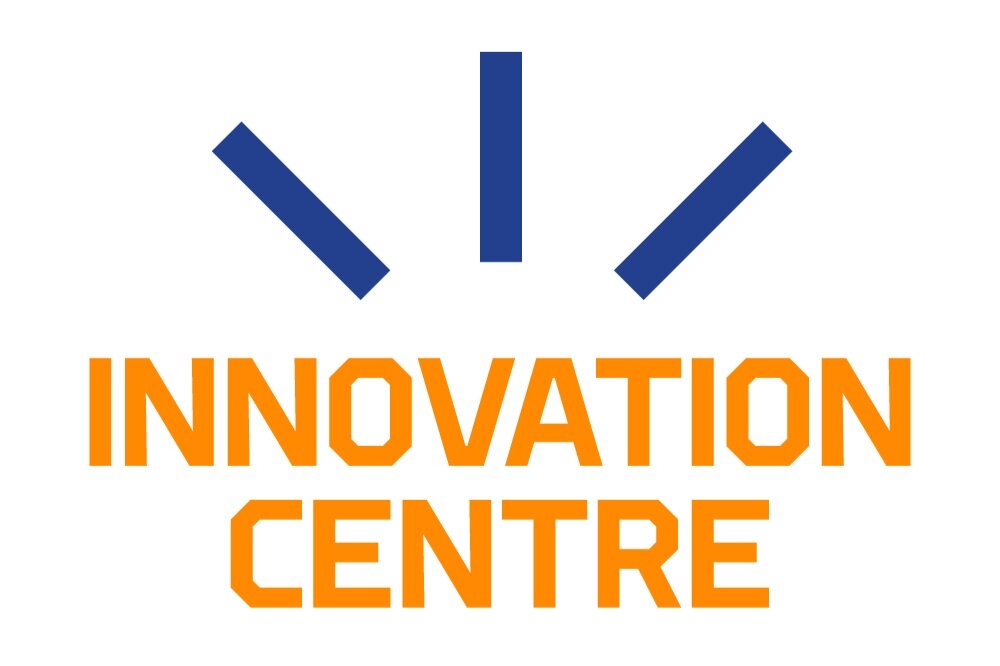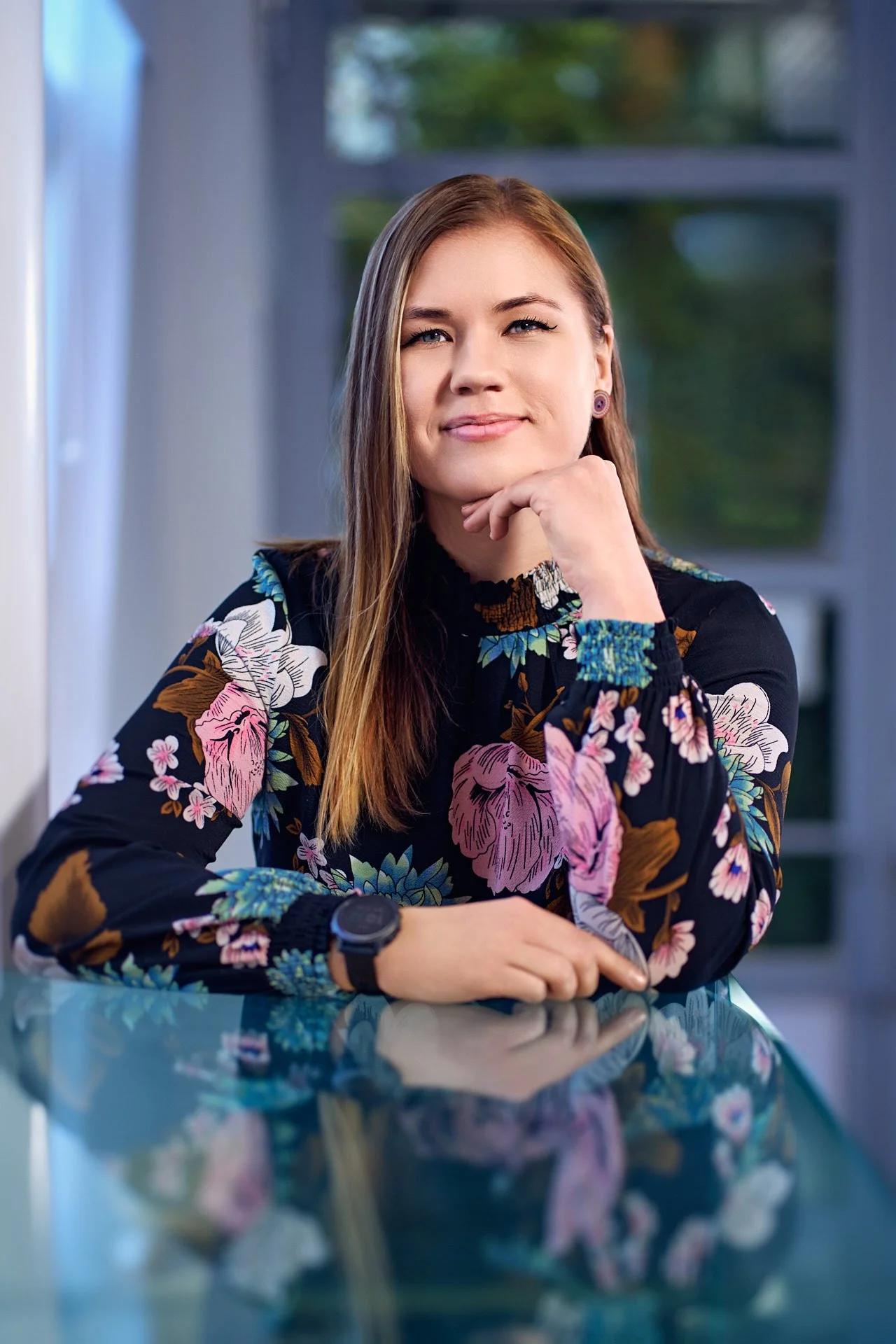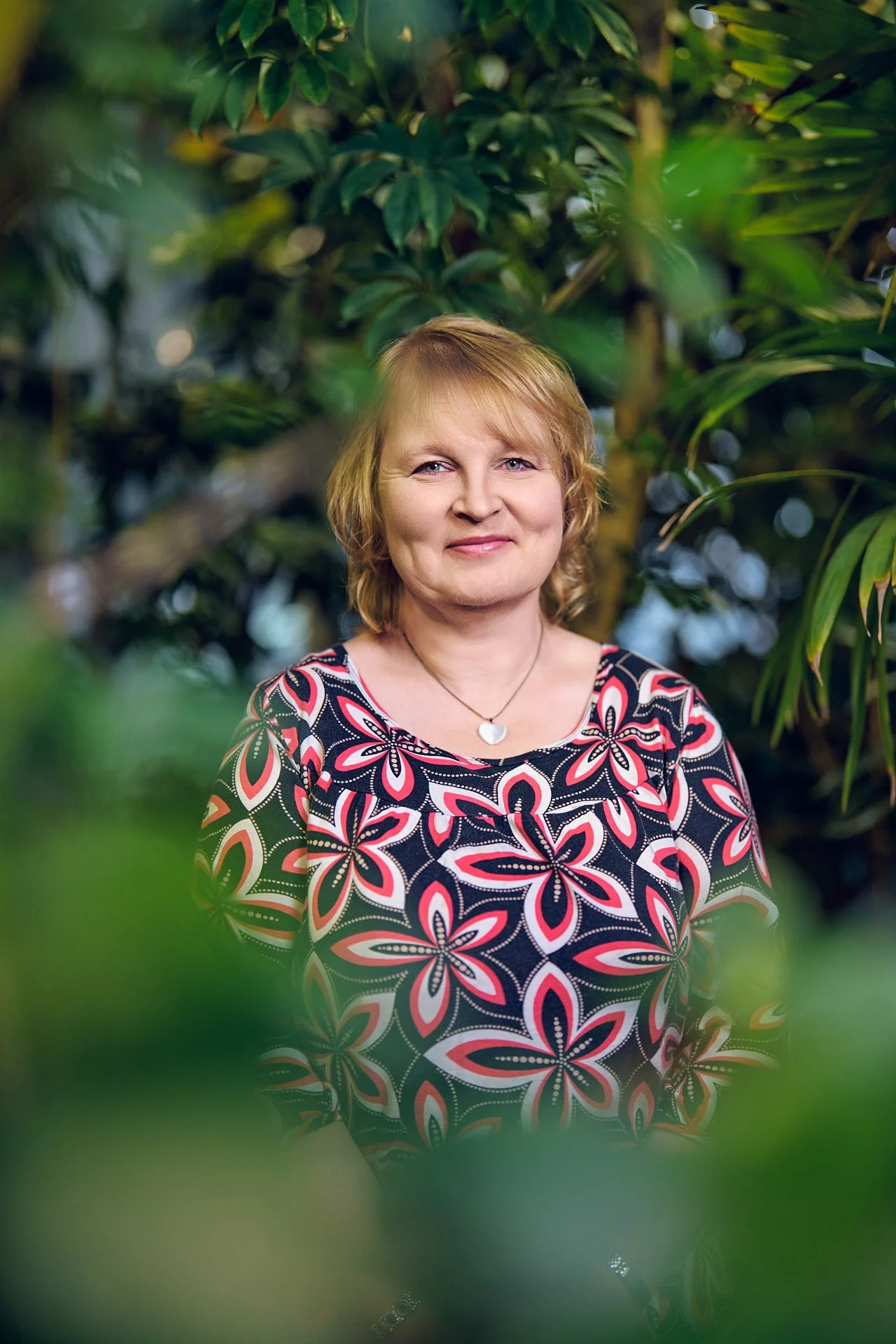Who owns the results generated in research projects?
Writers Vilma Lehto and Maarit Jokela
Various results are generated in research projects: reports, videos, images, data, prototypes, computer programs, and methods. Some of them can be protected by intellectual property rights. For example, an invention can be patented or a research article can receive copyright protection.
It’s good to note that the owner of intellectual property rights can be the university, the creator of the result, or a project partner. Ownership is influenced by certain laws, conditions given by the funder, and agreements between project partners.
Research projects start from the same premises. The Copyright Act applies to works created in projects, such as texts, images, videos, and source code of computer programs. Inventions are regulated by the Invention Act.
State aid legislation must be taken into account when operating in a university environment. When research is done with public money, the results cannot be given away for free for a company to use in its own business. Compensation must be agreed upon.
Funders of research have their own funding conditions on who owns the results generated in the project and how the companies involved can access them.
Research projects have different funding conditions
Next, we will take a closer look at the funding conditions of different research projects. Research is done in various projects, such as customer-financed, Business Finland (Research to Business and Co-research, Co-creation and Co-innovation), EU (ERDF/ESF and Horizon Europe), Academy or foundation-funded projects.
In a customer-financed project, a company orders work from the university. The company may have a problem that needs to be solved. The company pays all the costs of the work, so it gets all the rights to the results of the research. The exception is inventions resulting from research, for which the company must pay a separate compensation. The compensation payment uses either the university’s or the company’s invention fee guidelines.
There are some differences in Business Finland funded research projects. In Research to Business projects, new business is generated from research results. According to the funding conditions, the university owns the resulting research results, such as inventions, prototypes or computer programs. The goal is that they can be transferred to a new or existing company to generate new business.
Co-research, Co-creation and Co-innovation are more research-oriented development projects that must involve companies. A project agreement is made between partners. The research institute owns the results, but companies have a negotiation right: if any of the results interest them, the company can redeem it and negotiate the terms of redemption.
Looking at EU-funded projects, in ERDF (European Regional Development Fund) and ESF (European Social Fund), university has the ownership rights to research results. The results must be widely available for everyone’s benefit, so they cannot be restricted by patents for example. In Horizon Europe project, research organizations and companies are involved. In these, parties give each other free access rights to background material (what results have been obtained before) as well as new results made in the ongoing project. Results are owned by the organization whose employees have made them. The goal is to transfer results for companies’ use.
In Academy and foundation-funded research projects, agreements are usually not made. The person who has done the research owns the results generated in the project. However, funding conditions must be taken into account.
Vilma Lehto
Viestinnän harjoittelija / Communications Intern
+358 50 305 5761
vilma.lehto@oulu.fi
Blogitekstit, uutiset, sosiaalinen media, tapahtumaviestintä.
Blog posts, news, social media, events communication.
Maarit Jokela, PhD
Innovaatioasiamies // Innovation Manager
+358 40 355 9660
maarit.jokela@oulu.fi
IPR, teknologiansiirto, tutkimustulosten kaupallistaminen, bio- ja lääketiede, Proof-of-Concept-rahoitus, innovaatiot, innovaatiotoiminnasta viestiminen, IPR-koulutukset.
IPR, technology transfer, commercialization of research results, bio- and medical sciences, Proof-of-Concept funding, innovations, communication on innovations, IPR trainings.




